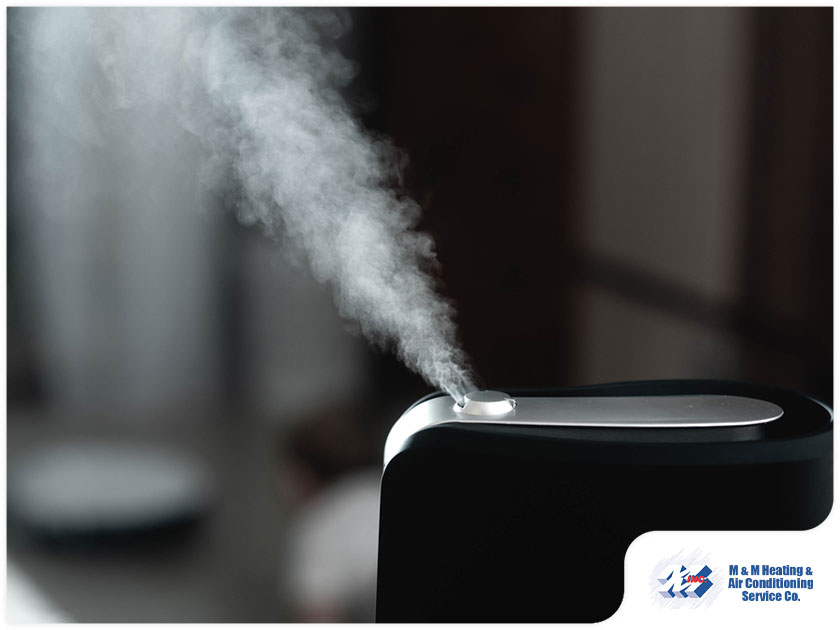When it comes to maintaining a comfortable indoor environment, air conditioners play a crucial role. Not only do they help regulate the temperature, but they also have an impact on humidity levels. Many people wonder whether air conditioners increase humidity, and the answer is not as straightforward as you might think. In this article, we will explore the relationship between air conditioners and humidity, and how they can affect the overall comfort of your home or office.
Understanding Humidity Levels
Before delving into the impact of air conditioners on humidity, it’s important to understand what humidity levels entail. Humidity refers to the amount of water vapor present in the air. It plays a significant role in how comfortable we feel in a particular environment. High humidity can make the air feel heavy and stifling, while low humidity can lead to dry skin and respiratory issues.
The ideal indoor humidity level falls between 30-50%. This range ensures a comfortable and healthy living environment. When humidity levels deviate from this range, it can lead to various problems, including mold growth, respiratory issues, and discomfort.
How Air Conditioners Work
Air conditioners are designed to cool the air by removing heat and moisture from the indoor environment. They do this through a process of refrigeration, where warm air is drawn into the unit, passed over coils containing a refrigerant, and then circulated back into the room as cooler air.
During this cooling process, the air conditioner also dehumidifies the air. As warm air passes over the cold evaporator coils, the moisture in the air condenses and is collected in a drainage pan or expelled through a drain pipe. This is why you may notice water dripping from your air conditioner on particularly humid days.

Credit: www.aircon-servicing.com
Can Air Conditioners Increase Humidity?
Contrary to popular belief, air conditioners actually reduce humidity levels in the air. As the air passes over the cold coils, the moisture in the air condenses and is removed, effectively lowering the humidity levels in the room. This is why air conditioners are often used to combat high humidity levels in the summer months.
However, it’s essential to note that the size and efficiency of the air conditioner, as well as the temperature setting, can impact its dehumidifying capabilities. An undersized or inefficient air conditioner may struggle to adequately remove moisture from the air, while running the unit at very low temperatures can also affect its dehumidifying performance.
Factors Affecting Humidity Levels
While air conditioners are effective at reducing humidity, several factors can influence indoor humidity levels, including:
- Outdoor Humidity: The humidity levels outdoors can impact indoor humidity. If the outdoor air is very humid, it may be more challenging for the air conditioner to maintain low humidity indoors.
- Size and Efficiency of the Air Conditioner: A properly sized and efficient air conditioner will effectively remove moisture from the air, helping to control indoor humidity levels.
- Temperature Settings: Running the air conditioner at very low temperatures can affect its dehumidifying capabilities. Finding a balance between cool temperatures and humidity control is key.
- Proper Maintenance: Regular maintenance of the air conditioner, including cleaning or replacing filters and ensuring proper drainage, is essential for optimal dehumidification.
Dealing with Low Humidity
While air conditioners primarily help reduce humidity levels, they can also contribute to low humidity in some cases, especially in arid climates or during the colder months. Low humidity can lead to dry skin, irritated respiratory passages, and static electricity. To address low humidity, consider using a humidifier to add moisture to the air, particularly in rooms where the air may feel excessively dry.
Conclusion
Air conditioners are effective at regulating both temperature and humidity levels in indoor spaces. While they primarily work to reduce humidity, their capacity to do so depends on several factors, including size, efficiency, and outdoor conditions. By understanding the relationship between air conditioners and humidity, you can better optimize your indoor environment for comfort and well-being.
Remember to perform regular maintenance on your air conditioner to ensure it operates at its best, and consider using supplementary tools such as humidifiers or dehumidifiers to fine-tune your indoor humidity levels as needed.

